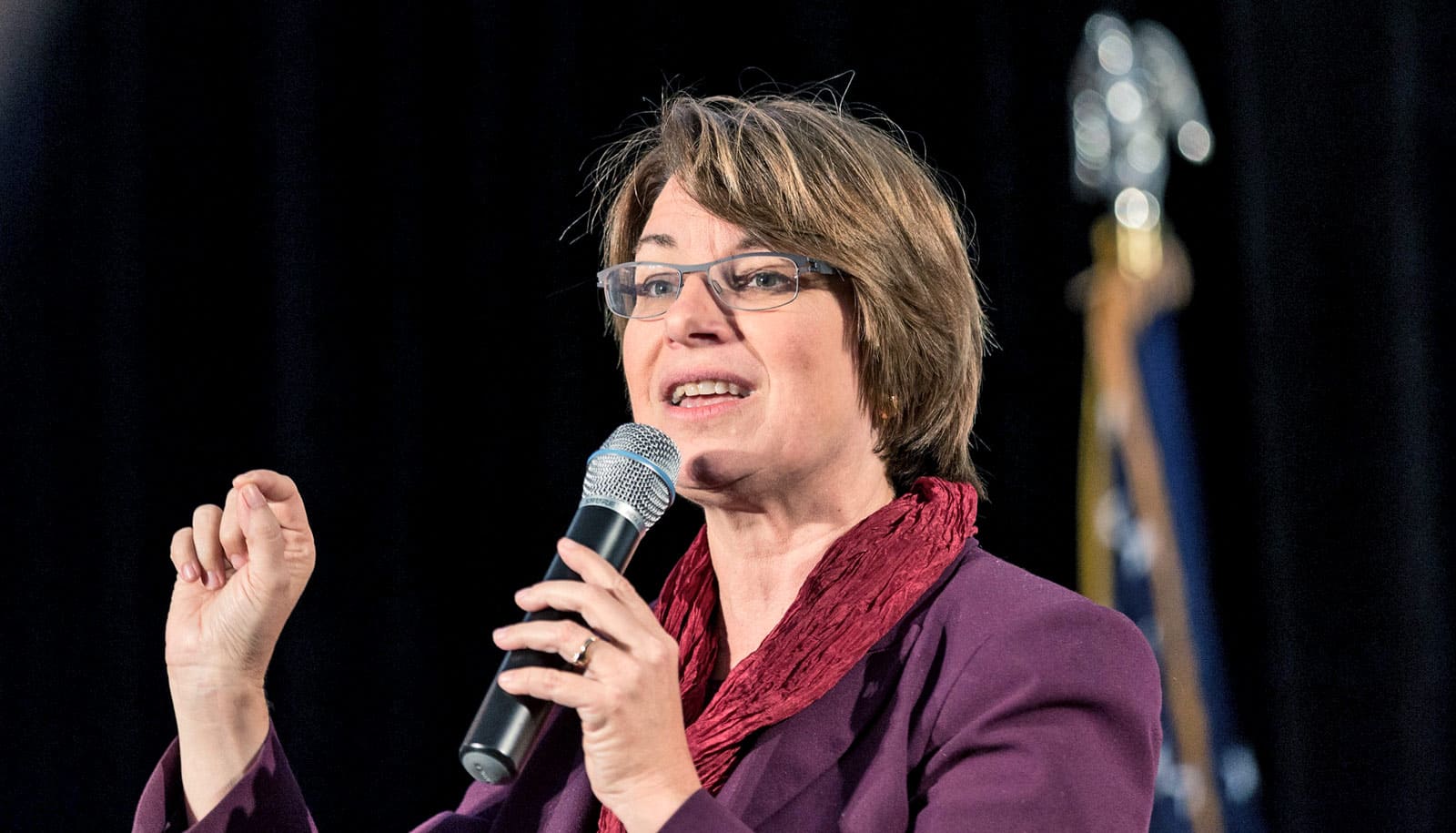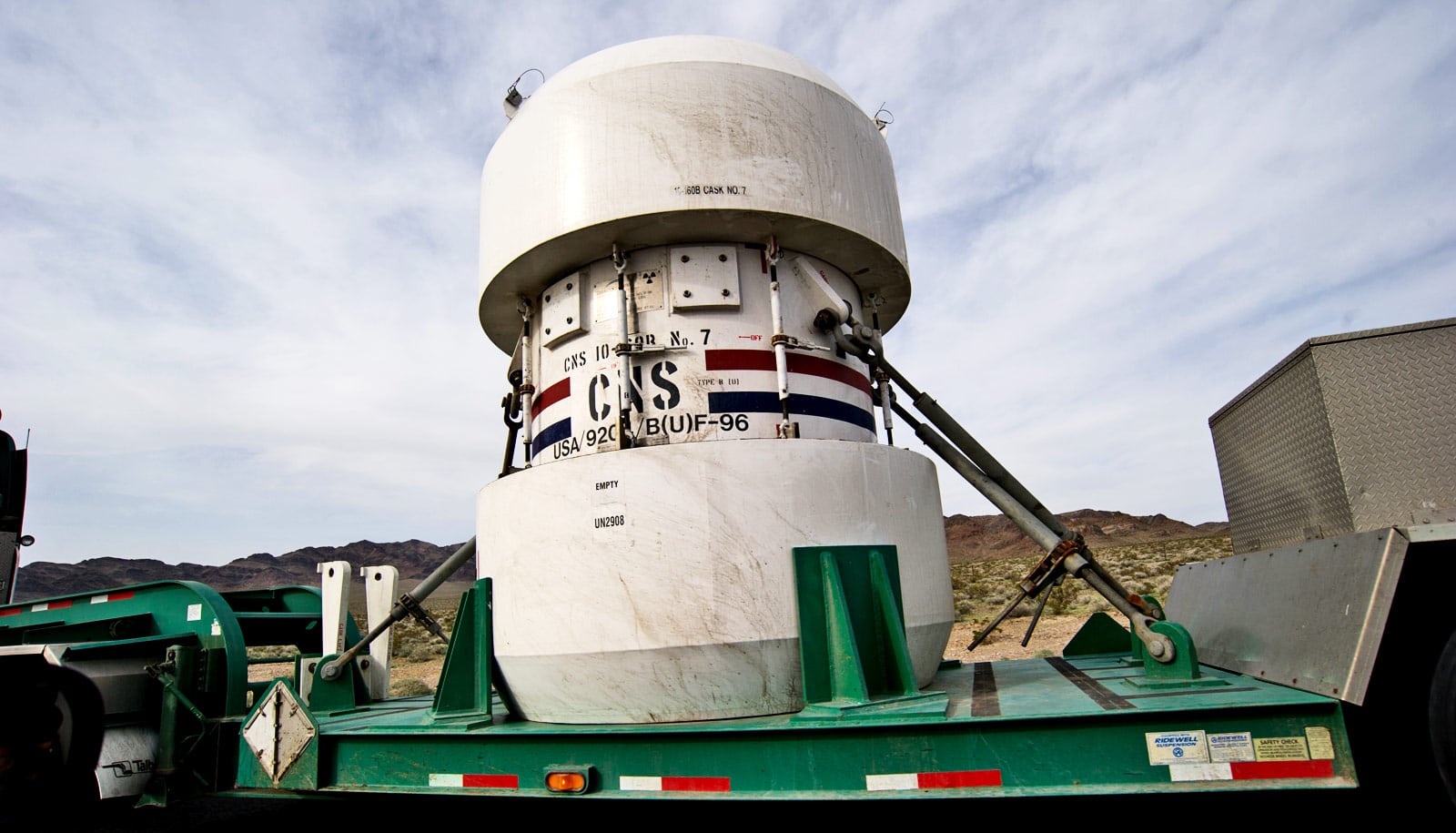After years as a virtual nonentity in the halls of power, climate change is now a topic of discussion among lawmakers on Capitol Hill.
In fact, more than 50 bills aiming to tackle global warming are in various states of readiness. While some proposals, such as the Green New Deal, have become lightning rods for partisan bickering, others show promise for bipartisan progress. In the House of Representatives, carbon pricing, among other solutions, has attracted supporters from both sides of the aisle. In the Senate, Republicans and Democrats have joined forces to hold hearings on climate change.
Stanford University climate policy experts Michael Wara and Jody Freeman and behavioral scientist Gabrielle Wong-Parodi discuss opportunities and prospects for congressional action on climate change:
Has the political and social/cultural landscape changed enough to get meaningful climate policy changes enacted in Congress?
Wara: I think we are witnessing the beginnings of a change in the conversation, but we aren’t yet at the point where clear policy responses have been detailed and vetted. My hope is that Congress can use the next couple of years to produce a detailed blueprint which might be implemented after the 2020 election. The current Senate, not to mention the president, is not going to enact meaningful climate policy.
Freeman: It is premature to think we will see legislation anytime soon. What’s happening now is a conversation—dominated at the moment by the controversial Green New Deal—which will feed into the 2020 election. But legislation is a long way off and will be politically difficult even if the Democrats were to win the presidency.
How has public opinion and awareness of climate issues changed recently?
Wong-Parodi: The overall picture from the last several years of nationally representative surveys is clear: A growing number of Americans think that climate change is happening, understand that it is human-caused, and are worried about it.
Moreover, despite what we might see in the media, this increasing trend is observed across the political spectrum—both Democrats and Republicans. Moreover, we are seeing a growing number of young people across the political spectrum expressing increasing worry about climate change and taking political action such as the global Youth Climate Strike last month.
Freeman: There has always been strong public support for environmental protection and now there is majority support for taking action on climate change. The problem has been that these issues are not at the top of voters’ priority lists. Voters instead often vote on other higher-salience economic or cultural issues. But with the terrible natural disasters of recent years, which we can link to climate change, including the devastating California wildfires and the associated economic harm, like PG&E’s bankruptcy, people are starting to feel climate change more concretely and see it as directly affecting their lives.
Where are some of the most likely opportunities for bipartisan progress on climate change?
Freeman: I think there is some potential for an infrastructure bill that could attract bipartisan support. It conceivably could include a variety of energy efficiency measures, grid modernization, resilience and adaptation planning and investments for states and cities, and incentives for transportation sector reforms. I am less optimistic about a comprehensive bill to address climate change, like a carbon tax.
Wara: I think the low-hanging fruit pretty clearly involves tax incentives to spur investment in new energy technologies. We saw action on carbon capture and storage last year. I think more is possible on energy innovation and investment. In general, innovation in energy is likely to be positive for climate, even if it does not directly target regulation of greenhouse gas emissions.
What do you expect to see in terms of climate policy proposals and related political wrangling?
Freeman: It will be very noisy for a while through the primary season leading up to the nominations and then into the 2020 election. The real work, if there is to be work, will happen after the election. Until then we’ll see lots of debate over the Green New Deal, and about a carbon tax; some brave souls might still want to propose a cap-and-trade strategy for controlling greenhouse gases since it offers real political benefits in the form of valuable allowances that can be distributed to key interest groups.
Along with these proposals we will no doubt see a variety of other ideas for promoting energy efficiency and renewable energy, supporting nuclear power, and many other things. At this stage, though, from a policy design perspective, nothing is terribly new. We know which kinds of policies are likely to be effective for which sectors, and we know for the most part how to estimate costs and benefits. The challenge is political.
Wara: Some who have been engaged and remain committed to policy approaches that have been tried over the past decade hope to see clean electricity standards or carbon prices enacted when the political moment occurs. These more moderate voices want to fix or create incentives for private actors and markets to address climate change. Others, especially the more progressive Democrats in the House, want to see a significant broadening of the agenda that incorporates social justice in a much more thoroughgoing way. These voices see government-led investment as essential to getting the magnitude and pace of change right for the response to the problem of climate change.
In recent hearings on climate change, Republicans have focused on the need for innovation as key to addressing climate change. How might Congress support innovation that helps mitigate greenhouse gas emissions?
Wara: Energy research and development in the United States is paltry compared to other science, technology, engineering, and math-related industries. This is an area where interests align across parties and where we should make as much progress as possible during the near term. Energy innovation in solar, wind, and battery technologies has been transformative in terms of shifting perceptions of what we can get for a given level of investment in climate policy.
Also, US investment in research and development has important spillover effects around the planet that help to lower emissions everywhere. I hope Democrats will work with their Republican colleagues on this issue in the current Congress. We need to both focus on the long-term goal—reducing emissions to zero—and do everything possible to raise the chances of getting there.
What are some of the most compelling economic arguments for action on climate change?
Freeman: The most recent National Climate Assessment estimated the devastating costs to the US economy of inaction on climate change, including slashing up to a tenth of gross domestic product by 2100. Leading economists and government experts on both sides of the aisle, including former Republican Treasury Secretary Henry Paulson and former Secretary of State George Schultz, have argued that climate change presents very serious economic risks that warrant taking action now.
Wara: A low-carbon future will actually be a better future. It won’t be one where it’s dark and cold, it will be one with abundant, high tech energy that is affordable to more people than today and where we aren’t constantly confronted by the environmental consequences of our energy choices.
How can legislators avoid pitfalls of earlier environmental initiatives, such as the Waxman-Markey bill, ambitious climate and energy legislation that died in the Senate after passing in the House?
Freeman: The short answer is that climate change is not like other issues, where Democrats line up on one side and Republicans on the other. It turns out that how members of Congress vote on this issue depends on the resource base of their states—whether they are they from a coal state or an oil and gas state is more important than the R or D next to their name. So, a coalition will need to be built, with enough support to attract members of Congress on both sides of the aisle. It’s not going to be easy. But this problem is not going away.
Wara: The key issue is going to be crafting legislation that can gain a plurality of support in the Senate. The Senate is the roadblock to action. Any climate policy without a vote card in the Senate can’t become law. Currently that means working to craft a solution that moderate Democrats and Republicans could live with.
Wong-Parodi is an assistant professor of Earth system science at the School of Earth, Energy & Environmental Sciences and a center fellow at the Stanford Woods Institute for the Environment. Wara is a senior research scholar at Woods. Freeman is a visiting professor from Harvard Law School and a Stanford alumna.
Source: Stanford University



